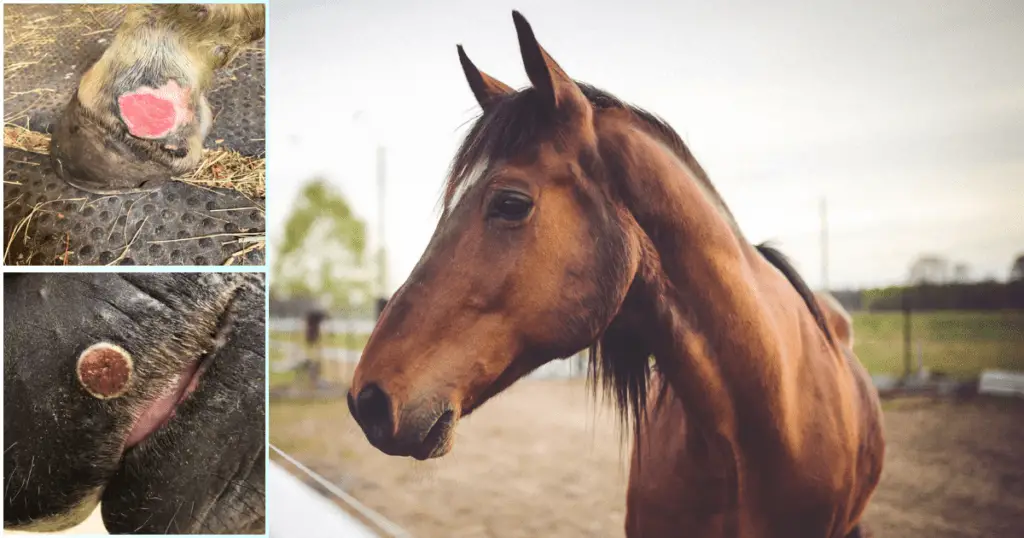What is the difference between a lay equine dentist and equine veterinarian?
Put simply, the term ‘equine dentist’ is misleading. In Australia, there is no regulatory body that recognises this term and there are many equine dental practitioners who are operating without any formal training. So, who can you trust? It begins with qualifications… Both equine dental technicians (non-veterinarian) and equine veterinarians (veterinarian) can provide your horse […]
What is the difference between a lay equine dentist and equine veterinarian? Read More »









